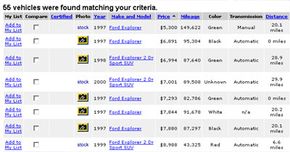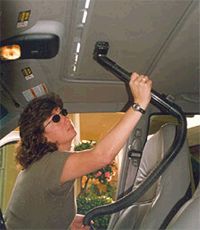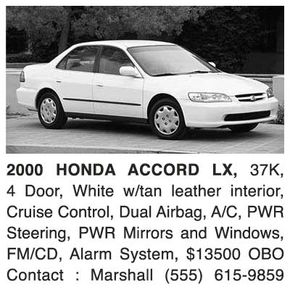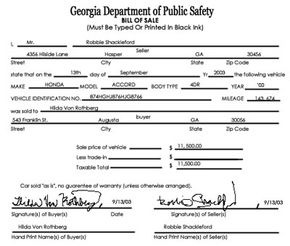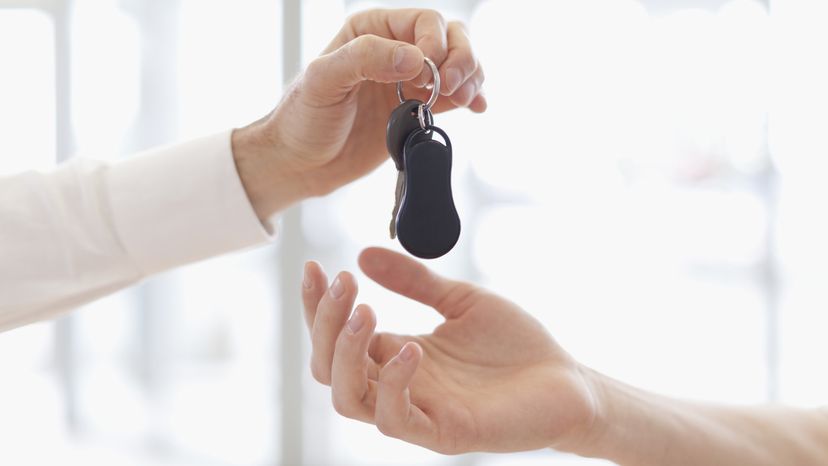
How long have you been driving around in that same old car? Do you think you want to sell it? There are some decisions you will have to make before you decide to sell your car. Do you want to sell your car over the Internet? On an auction site? Through a newspaper classified? To a dealership? The following information will apply no matter how you decide to sell your car.
Before you sell your car, one of the main things you need to understand is your market. Knowing what kind of person would be interested in your car will make it a lot easier to know where to place your advertisements. After you've done your research on the price of your car, you will determine an asking price and write an attention-getting advertisement. You will need to prepare for the sale by washing and detailing your car. It is also important to understand how to negotiate to get the best price, and what to do if you get caught in a car-buying scam.
Advertisement
In this article, you will learn what to expect of the car-selling process to help ensure that you and the buyer have a positive experience.
The first step in selling your car is to know your market. In other words, is your car a popular model that buyers will be interested in? Will you have to drop your price to sell your car because it is not in high demand? Knowing the market -- the potential buyers -- will help you answer these questions.
The more you know about the kinds of people interested in your type of vehicle, the better able you'll be to reach that audience. For instance, if you are trying to sell a convertible, you will want to advertise in the warmer months when people really wish they could put the top down. The same goes for sports cars, which normally sell better in the summer months. If you are selling a family sedan, you will want to reach suburban families possibly by placing an advertisement in the local Sunday paper.
Knowing as much as possible about your car and the prospective buyers can save you time and money. It will help you get the best price whether you are selling your car yourself or trading it in at a dealership. According to Edmunds.com, family sedans and sport utility vehicles (SUVs) are always in pretty high demand. Trucks and vans that can be used for work purposes are steady sellers and should command competitive prices. Be careful not to underestimate their value.
Finally, use the Internet and local classified ads to find out how many similar cars are on the market. When comparing your car to similar cars listed for sale, you will want to take into account factors including the car's age, condition and mileage. Remember that cars with less mileage will sell for higher prices.
